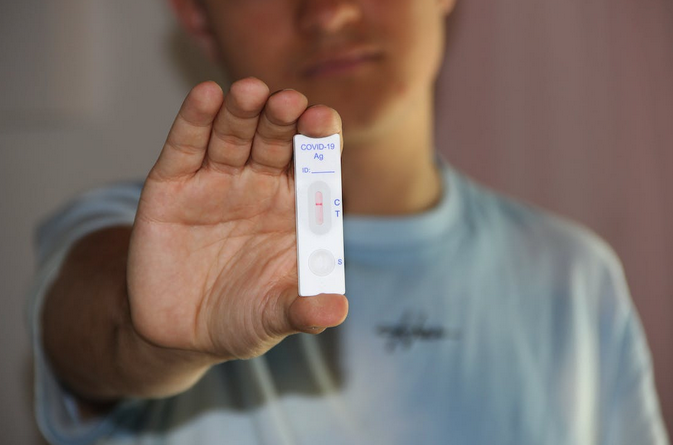
Things to Know Before Undergoing COVID Antigen Test
Are you considering getting a COVID antigen test? As the pandemic continues to affect our lives, many people opt for this type of testing as a precautionary measure or when experiencing symptoms. However, before you rush into buying a covid antigen test kit, knowing things to do before the actual testing is important. In this blog post, we will guide you through the essential aspects of undergoing a COVID antigen test so that you can make an informed decision and ensure accurate results.
Consult With Healthcare Professionals

Consulting with healthcare professionals is a crucial step before undergoing a COVID antigen test. These experts have the knowledge and experience to guide you through the process and address any concerns or questions you may have. It’s essential to contact your primary care physician or local health department for advice on whether or not you should get tested. They will assess your symptoms, medical history, and potential exposure risks to determine if testing is necessary. Additionally, healthcare professionals can provide valuable information about where to go for testing.
Assess Symptoms
Before undergoing a COVID antigen test, the first step is to assess your symptoms. It’s important to be aware of any signs indicating a possible infection. Common symptoms include fever, cough, sore throat, fatigue, body aches, loss of taste or smell, and shortness of breath. Pay close attention to any changes in your health and track how long you’ve been experiencing these symptoms. This will help healthcare professionals determine the best course of action for testing and treatment. Remember that not everyone infected with COVID-19 will exhibit symptoms.
Follow Testing Guidelines
When it comes to getting a COVID antigen test, it is crucial to follow the testing guidelines set by healthcare authorities. These guidelines are put in place to ensure accurate and reliable results, as well as the safety of both patients and healthcare professionals. One important guideline is to choose an authorized testing facility. Ensure that health authorities have approved the facility you visit and follow all necessary protocols for conducting COVID tests. Another guideline is to adhere carefully to any pre-testing instructions the facility provides. This may include fasting before the test or avoiding certain medications or substances that could interfere with the accuracy of the results.
Choose the Perfect Timing
Testing timing is a crucial factor to consider when undergoing a COVID antigen test. The accuracy of the results greatly depends on the timing of the test in relation to exposure or symptom onset. It is recommended to get tested as soon as possible after being exposed to someone with COVID-19, or if you develop symptoms. Getting tested too early may result in a false negative, as it takes time for the virus to replicate enough and be detectable by the test. On the other hand, waiting too long can also affect accuracy, as viral load tends to decrease over time. For individuals who have been exposed but are asymptomatic, experts recommend waiting at least 5-7 days after exposure before getting tested.
Prepare Kits

When it comes to undergoing a COVID antigen test, there are some important preparations that you should be aware of. These preparations can help ensure the accuracy and effectiveness of the test results. It is crucial to follow any specific instructions provided by your healthcare provider or testing facility. This may include fasting for a certain period before the test or refraining from taking certain medications. Adhering to these guidelines can prevent any potential interference with the test results. Additionally, inform your healthcare provider about any symptoms you may be experiencing before the test. This information can provide valuable context and help them interpret the results more accurately.
Being well-informed about these considerations will help you navigate through the process of undergoing a COVID antigen test smoothly. Remember to consult with healthcare professionals, assess your symptoms carefully, follow testing guidelines, time your tests appropriately, and prepare adequately before going for a COVID antigen test. By doing so, you contribute towards safeguarding public health and combating this global pandemic together.

